The Life and Works of Professor Mohammad Abdul Jabbar, Chapter Five.
Professor Mohammad Abdul Jabbar – Family Legacy
Professor Mohammad Abdul Jabbar left an incredible legacy, which is still known to educators, academics and professionals to this day. His legacy lives on within his family, as they are all part of “the Jabbar family”. This name has stood for 3-4 generations, all of whom know their heritage and are proud to carry forward the family history to future generations.
The Professor also had a significant impact on other professionals. The following anecdotes only cover some of those who made a record of his legacy; there will be many more people who he has inspired.
Dr. Nurur Rahman, NASA Astronomer, visited Dhaka to deliver a lecture to the Bangladesh Astronomical Association, centred around his work at NASA. At the end of his speech, when asked where his interest in astronomy came from, he advised that "Mohammed Abdul Jabbar's ‘Khogol Porichoy’ made me very interested in astronomy".
In 1993, when Professor Mohammad Abdul Jabbar passed away, the Bangladesh Astronomical Assocation released a special issue of Mohakash Barta, dedicated to the Professor's life and activites. Contributors to this issue included some of the most reknowned academics of Bangladesh, including Dr. Jamilur Reza Chowdhury, Dr. A. R. Khan, Md. Abdul Matin, Eradat Ullah Chowdhury, Shirin Hosain, Tubaishi Rubab, amongst others.
Dr. Dipen Bhattacharya, Associate Research Professor at the University of California, gave a talk on the legacy of the young Professor's first book in 2007. This talk was held at the Russian Cultural Centre in Dhaka, showing how wide the Professor's work had spread.
In 2017 the Bangladesh Astronomical Society arranged their first workshop for students, which was called the Abdul Jabbar Astronomy Workshop. A total of 13 students, ranging from sixth grade to 3rd year university students, participated in a multitude of topics related to astronomy, in honour of the Professor.
In 2019, two of Professor Mohammad Abdul Jabbar's children, Mr. MD Abdul Matin and Mrs Sabeya Haque, were invited as guests on a video podcast by the Bangladesh Astronomical Association, hosted by Mr. Arif Asgar, himself a Senior Faculty member of The Agha Khan School in Dhaka.
Mr FR Sarkar continues to host video podcasts with the Bangladesh Astronomical Association to this day.
Professor Mohammad Abdul Jabbar – Public Legacy
Professor Mohammad Abdul Jabbar served an incredible role in the practice of astronomy, within Bangladesh. It is a shame that he will never get the recognition that he deserves; however his legacy lives with his children, grandchildren, great-grandchildren and so on. Publically he is honoured through legacy awards and tributes to the Professor.
The Professor wrote his books in Bengali, but had studied in many other languages. His efforts in bringing astronomy to Bangladesh was unloved for a few decades, but in modern years, his name continues to inspire future generations of astronomers of all genders. His books are also being reprinted, remastered, and continuing Profesor Mohammad Abdul Jabbar's love of astronomy.
Throughout all of this, the Professor remained honest and grounded. He would thank you for reading his history, tell you a historical fact about the stars, and say that you didn't need to do that.
From Professor Mohammad Abdul Jabbar's children, grandchildren, and great-grandchildren, thank you for reading his story. Please keep him in your thoughts when you look through a modern telescope.
One can only wonder what books the Professor would be able to construct if he could see the rings of Saturn in high-definition, if he could study Halley's Comet in more details, take a trip on Concorde... or even if he was able to fly on Virgin Galactic and (technically) become an astronaut..
The following messages are personal tributes, written by those who were privileged to know the Professor, and have been shared as part of the Jabbar family's wish to honour a legacy that has lasted for generations.
Mr Sebastian Haque has been given a special privilege by the Jabbar children, of having the honour of the first and longest tribute to the Professor.
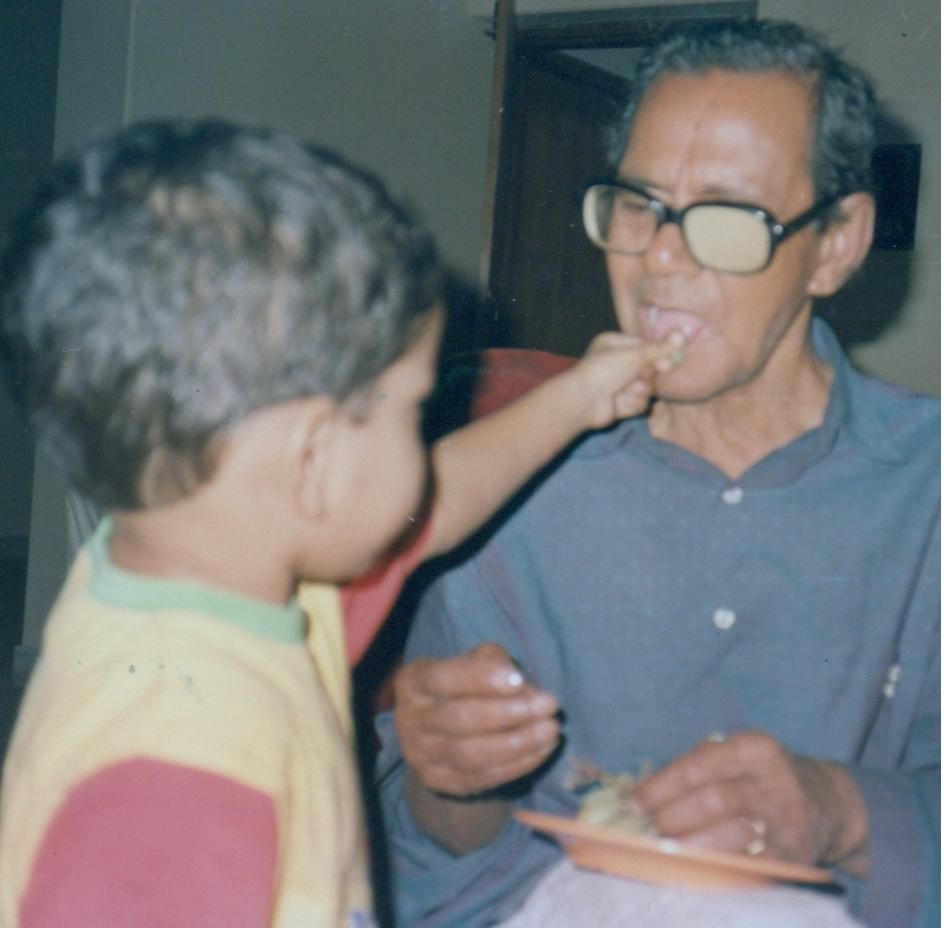
Mr Sebastian Haque
I was lucky enough to be the last grandchild the Professor gave his blessings to, welcoming me into the world. To me, he was my Nana Bhaiya. He could chart the skies and lecture for hours on astronomical features - but in the few years we were on this planet together, he was a teddy bear. I like to think this photo of us is similar to how children like to eat if the food is a pretend aeroplane - but perhaps Nana Bhaiya preferred to say his food was a spaceship on re-entry. I think he'd enjoy my sense of humour, even if that joke was awful.
Whilst helping to write this book I was amazed by the stories that came out of the research - and how even to this day, Nana Bhaiya remains in the forefront of minds and hearts across both his professional and personal life.
To Nana Bhaiya, you would have loved my little sister too. She continues the Jabbar love of astronomy and mathematics, and is your academic successor, the first one in the Jabbar family to get a PhD. She's our baby of the family and we love her as much as I think you would have done too.
I may work in aerospace but the love of the cosmos is still there, Nana Bhaiya. My twinkling lights are aeroplanes, whereas yours were the stars. When I look at the sky, one of those is you, my guiding star, and I hope you're proud when you see us living our lives. Your Chotton still stops and stares at the stars even after all these years; you're up there somewhere.
Thank you Nana Bhaiya. I miss you.
Love,
Sebastian.
তোমার ভাইয়া
Dr A. R. Khan
Dr A. R. Khan was the founder of the Bangladesh Astronomical Society and the President of the Prothom Alo (First Light) science festival advisory council. He expressed his respect for Professor Jabbar by saying :
“There is no denying that, the nation as a whole could not give the due recognition to the great role pioneered single handedly by professor Jabbar in the field of Astronomy in Bangladesh and in Bengali culture. Anyone who has read his books can appreciate how talented he was and how much time, labour and effort he has put into these works.”
(As I have seen Prof. Mohammad Abdul Jabbar by Dr. A. R. Khan, page 66, Mohakash Barta Second Year, Eleventh issue, November 1993)
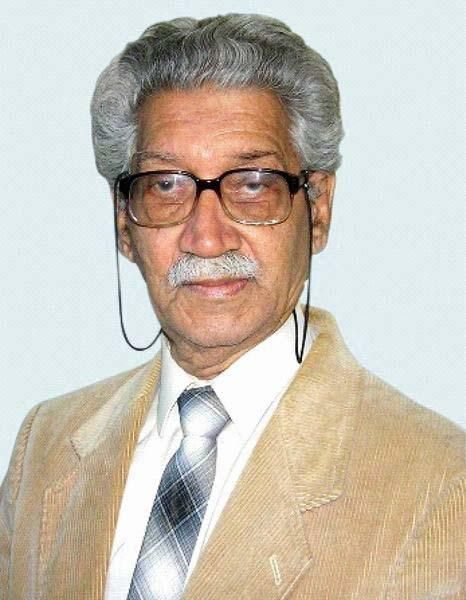
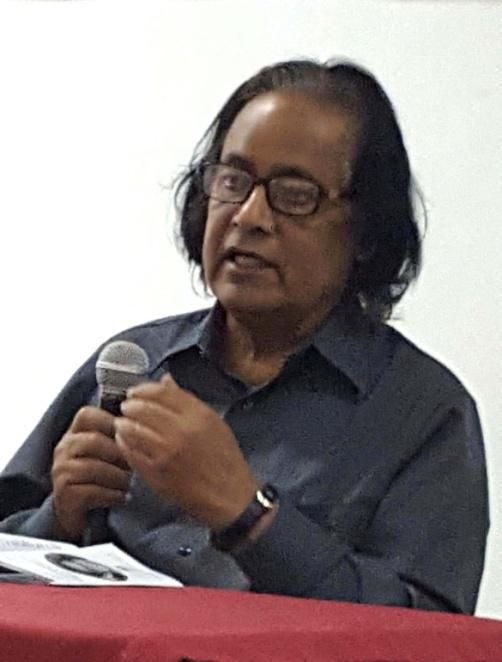
Dr. Ali Asghar
Dr. Ali Asghar is a now-retired Professor of Physics at the Bangladesh University of Engineering & Technology (BUET). He had the following to say:
“Despite having such talent and qualifications, he did not get the opportunity to do thorough research on his passion. The books written by him are of very high standard scientific books. They carry great authenticity, hard work and originality of their author. Not only in Bangladesh, there are not many science books for the general people in the whole of Indian sub-continent. In terms of data collection, terminology and language presentation, I found prof Jabbar as an incredibly reliable and efficient person.”
(Professor Abdul Jabbar – A closer look at the learned man by Dr. Ali Asghar, page 37, Space News, Second Year, Eleventh issue, November 1993)
Mr. Badruddin Umar
Dr. Ali Asghar is a now-retired Professor of Physics at the Bangladesh University of Engineering & Technology (BUET). He had the following to say:
“Despite having such talent and qualifications, he did not get the opportunity to do thorough research on his passion. The books written by him are of very high standard scientific books. They carry great authenticity, hard work and originality of their author. Not only in Bangladesh, there are not many science books for the general people in the whole of Indian sub-continent. In terms of data collection, terminology and language presentation, I found prof Jabbar as an incredibly reliable and efficient person.”
(Professor Abdul Jabbar – A closer look at the learned man by Dr. Ali Asghar, page 37, Space News, Second Year, Eleventh issue, November 1993)
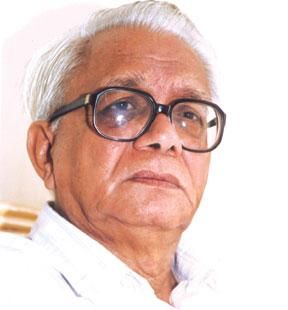
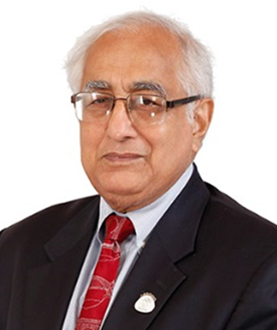
Dr. Jamilur Reza Chowdhury
Dr. Jamilur Reza Chowdhury was a Bangaldesh Government Minister, as well as a recipient of the Ekushey Padak award and the National Profesor award. He wrote of Professor Mohammad Abdul Jabbar:
“In the last four decades, from the beginning of engineering education to where we are now, where the Bangladesh University of Engineering and Technology is known all over the world, late professor Abdul Jabbar was the driving force behind this journey. The nation will forever be indebted to him for his contribution to engineering education.”
(Professor Abdul Jabbar in Engineering Education – Dr. Jamilur Reza Chowdhury, Page-55, Sakasan Barta, Second Year, Eleventh Issue, November, 1993).
Mrs. Sabeya Haque
Mrs Sabeya Haque is the youngest daughter of the Professor.
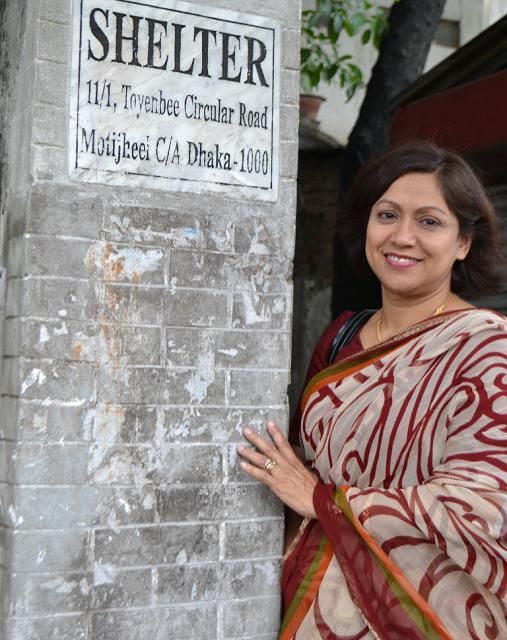
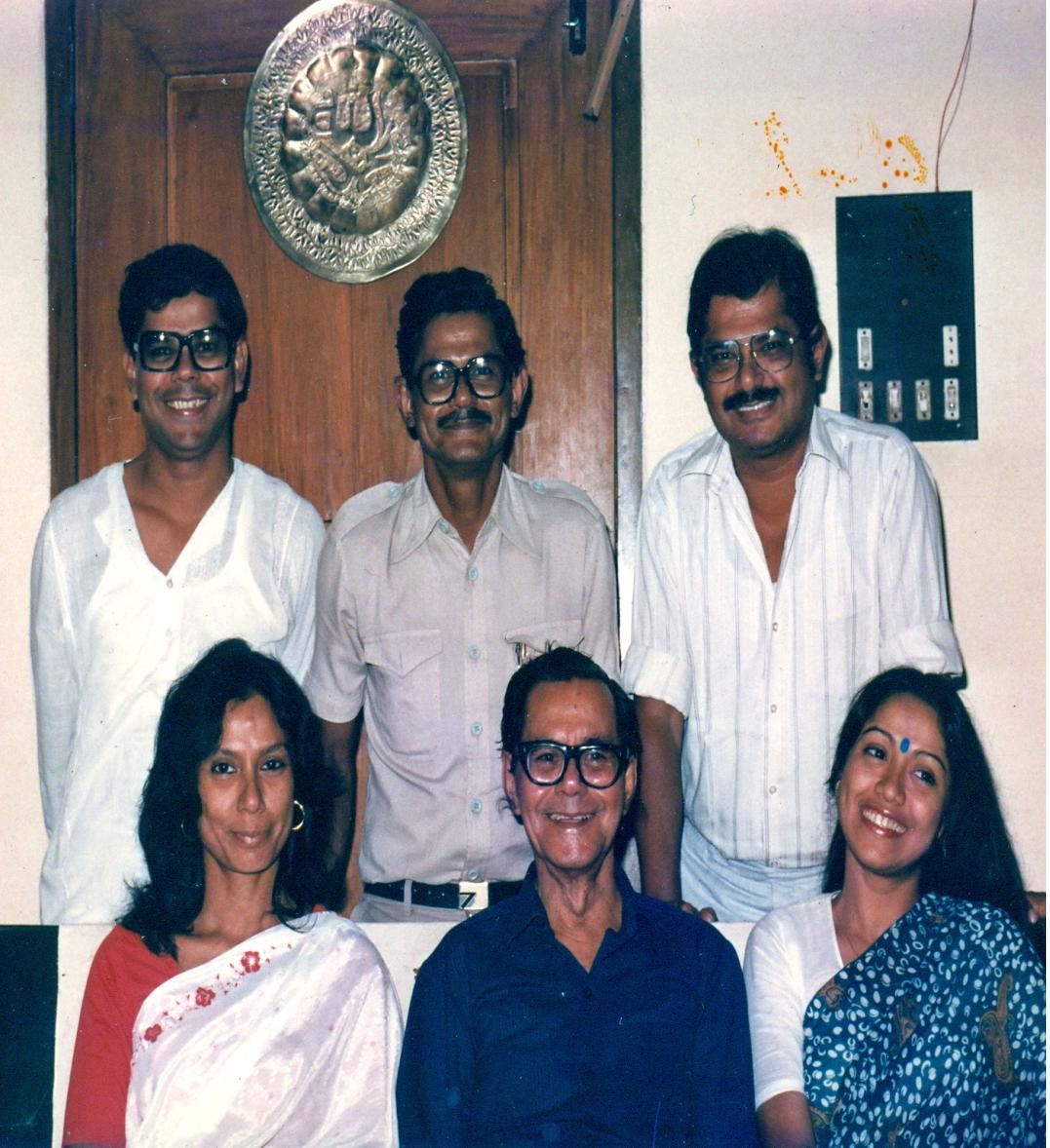
The Jabbar Children
Our dad became a widower after the death of his beloved wife, and our beloved mother, on March 2, 1979.
On May 29, 1993, he became ill and lost consciousness. But on June 8 1993, on their wedding anniversary, he miraculously regained his consciousness.
Then from July 16 1993, his condition started to deteriorate again.
Professor Mohammad Abdul Jabbar breathed his last breath at PG Hospital, Dhaka on July 20, 1993 at 7:10 AM.
In honour of his wish, Professor Mohammad Abdul Jabbar was buried next to his wife’s grave in the Banani cemetery, Dhaka.